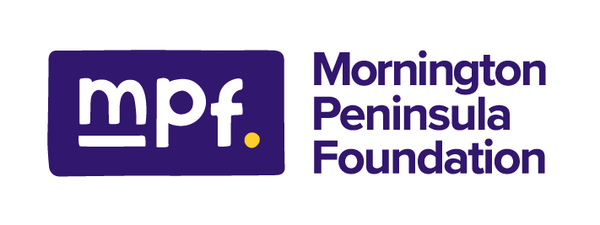We've written before about the profound policy changes that Victorian Minister for Education, Ben Carroll, has made in the last 12 months, that validate and endorse the shifts schools on the Peninsula made to evidence based practice well before this.
And over the last three years we've seen this shift nation wide, driven independently by each of the state Education Ministers.
But what do we mean by evidence based practice and isn't all teaching evidence based? If you're all over this, skip to the next story, but if you'd like to explore, please read on!
What has driven major recent changes in education is improved understanding of how the brain works and what that means for learning and therefore teaching. And while individual brains develop differently according to their experiences in life, the basic structure of the brain and how it works, from one individual to another, like the basic structure of the liver or the eyeball, is the same. As the prime organ for learning, the brain is the focus of research in how we learn and how to optimise teaching.
Work has been done across a number of disciplines and countries to build towards this body of evidence of what works. Key names include John Sweller and Cognitive Load Theory, Englemann and Carnine and The Theory of Instruction, Rosenshein and his Principles of Instruction. Understanding human memory systems, sensory inputs, synaptic activities, concept development, retention, retrieval, cognitive load, forgetting, schema development, all the complexities of the brain that are just beginning to be understood contribute to a knowledge base that can provide teachers with skills that enhance the activity of teaching and therefore of learning.
Delivering information directly, systematically, sequentially, repeatedly, responding in real time, using data, de-implementing what doesn’t work, being consistent across the whole school, and across schools within a cluster, reducing the confusion for students, clearing the learning process, all contribute to the ability for children and young people to organise information and build knowledge that is the basis for thinking, creating and problem solving.
Some people worry that this can mean rote learning, robotic delivery, the loss of creativity. When not done well, that indeed can be the case, which is why the implementation of the changes is so important, and what MPF is focusing support on.
With state government mandating direct instruction and providing resources to support this, there is a gap in implementation knowledge and support. Principals, school leaders and teachers can feel overwhelmed by the magnitude of the changes that extend to their school structures, staffing profiles, timetables and resourcing. It can feel like a challenge to everything they have learned and relied upon as professionals. They can see so many changes needed, but where to start?
That is why MPF has supported the implementation of the changes through the provision of Professional Learning from experts in the field, on the ground support through the Primary Schools Improvement Coordinator position and the cluster development which has enabled school leaders to support each other in challenges, share learnings and what works in practice.
These changes take time and strategic planning. Progress happens at different rates according to context and conditions; by understanding these influences and considerations we can be even more clear about implementation with future schools.
MPF is in discussions with the Department of Education and donors to take this work to the next stage, with more schools coming within the frame. Gradually our aim is for this systems change to become embedded within the system and not reliant on philanthropy. While we are in the process we still need our donors and remain ever grateful for them!
